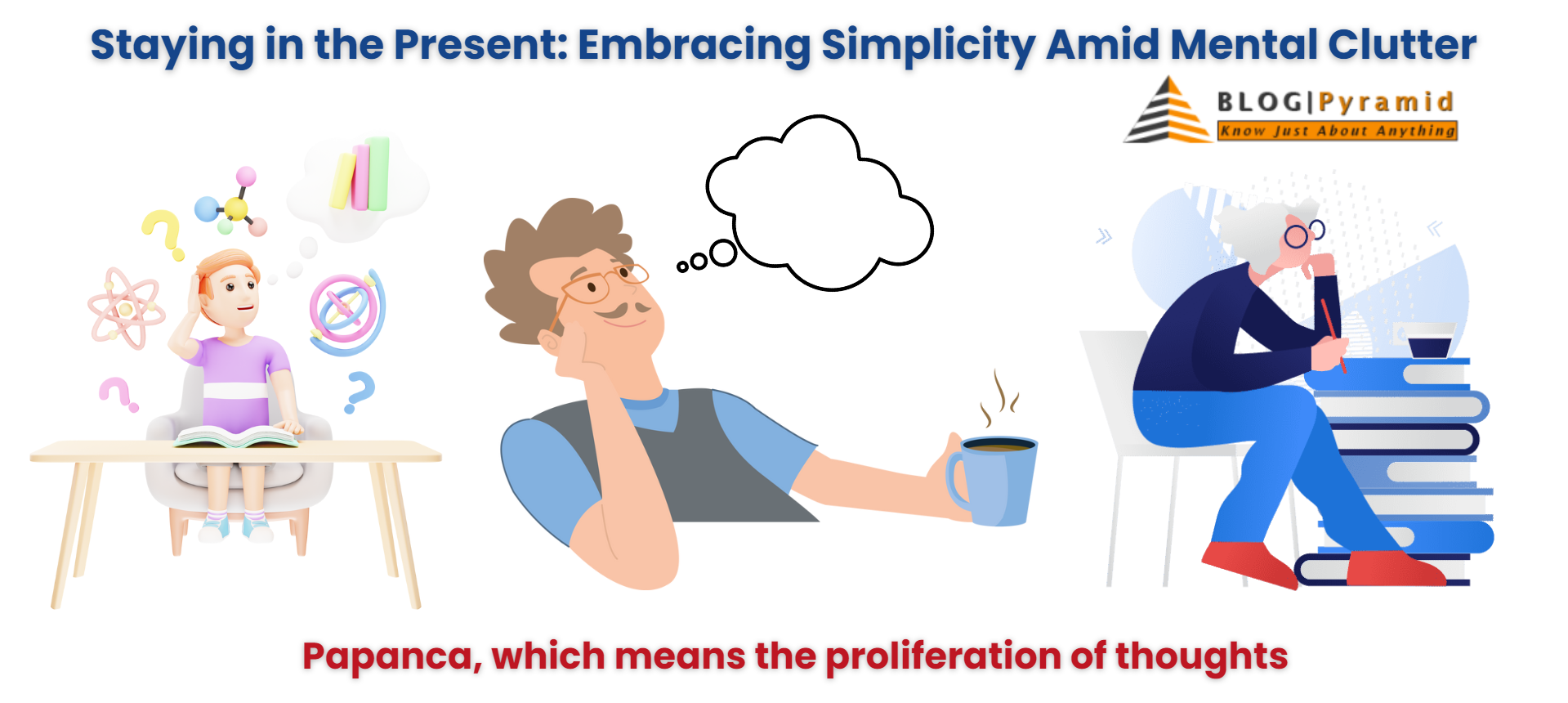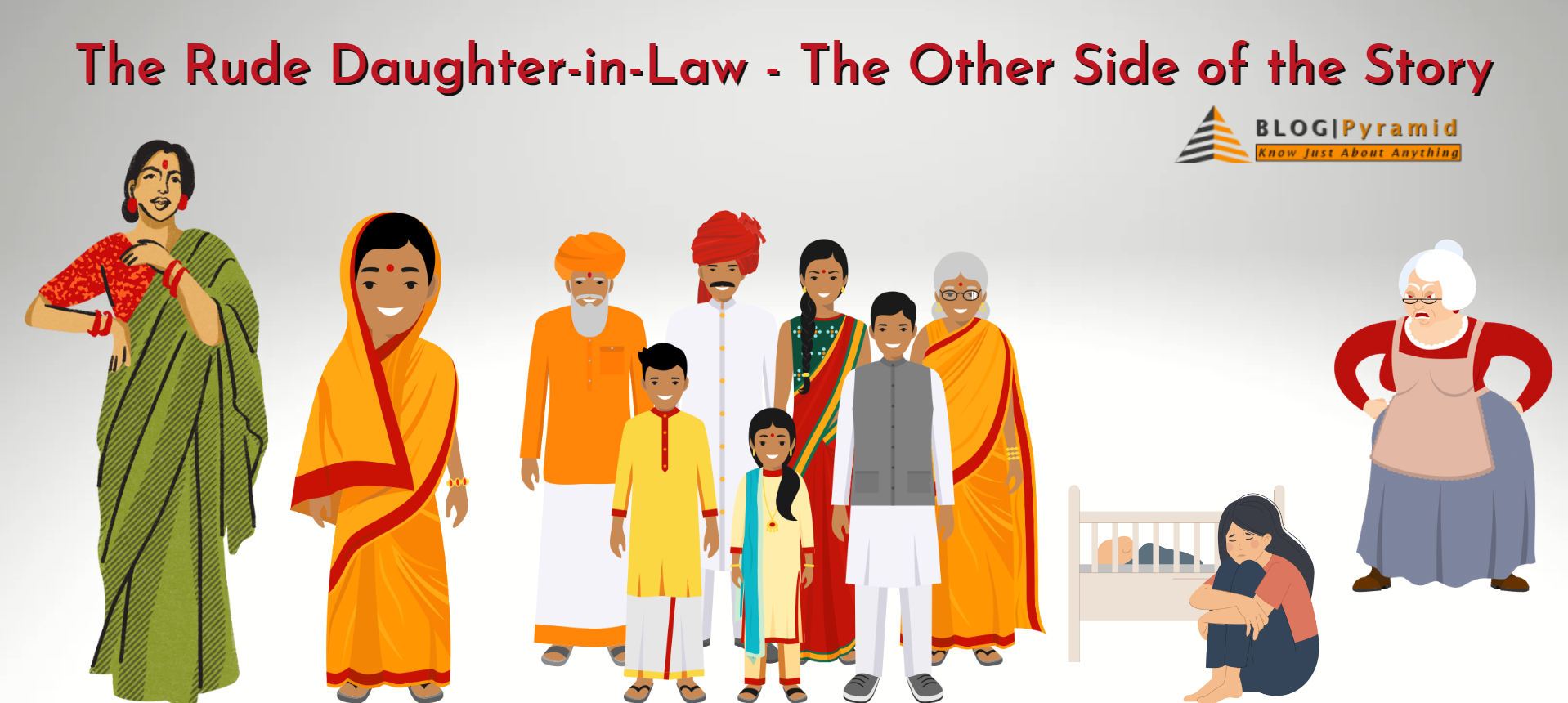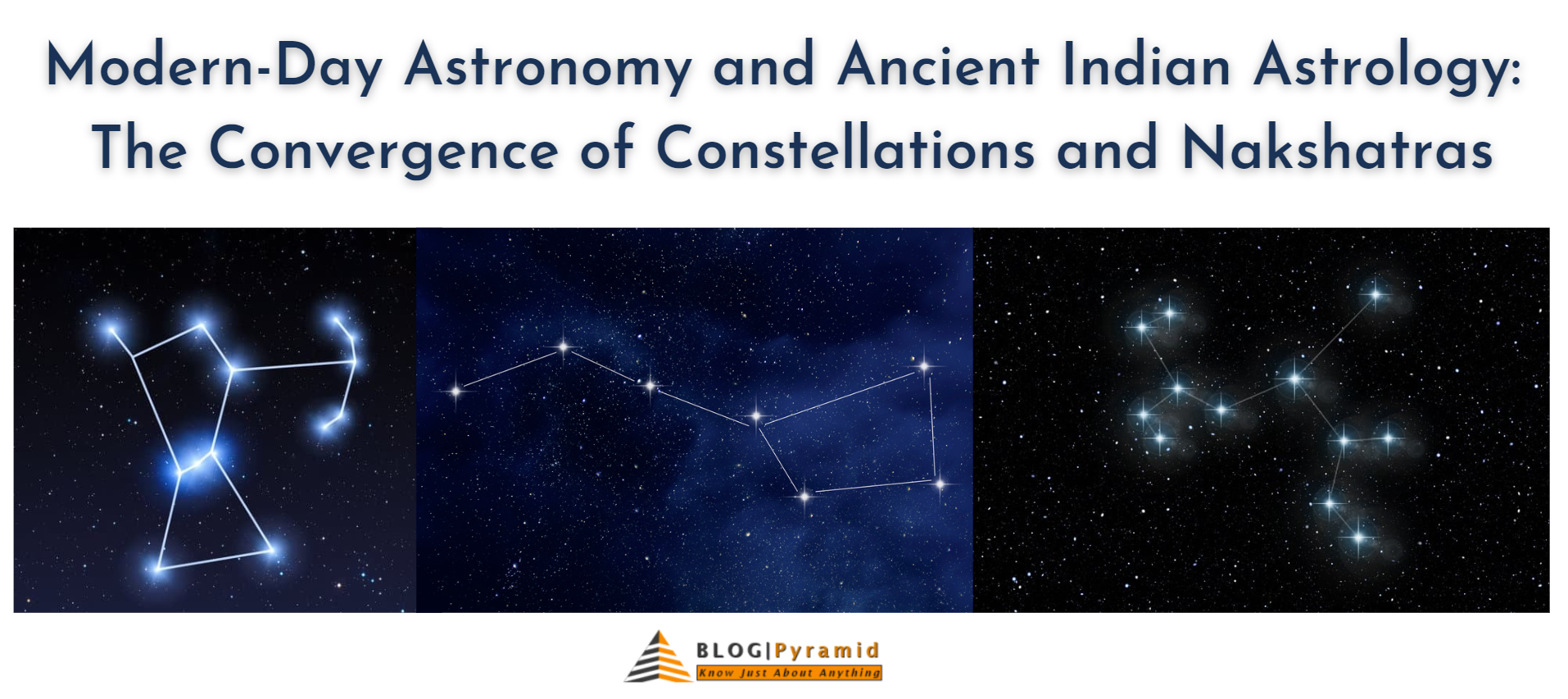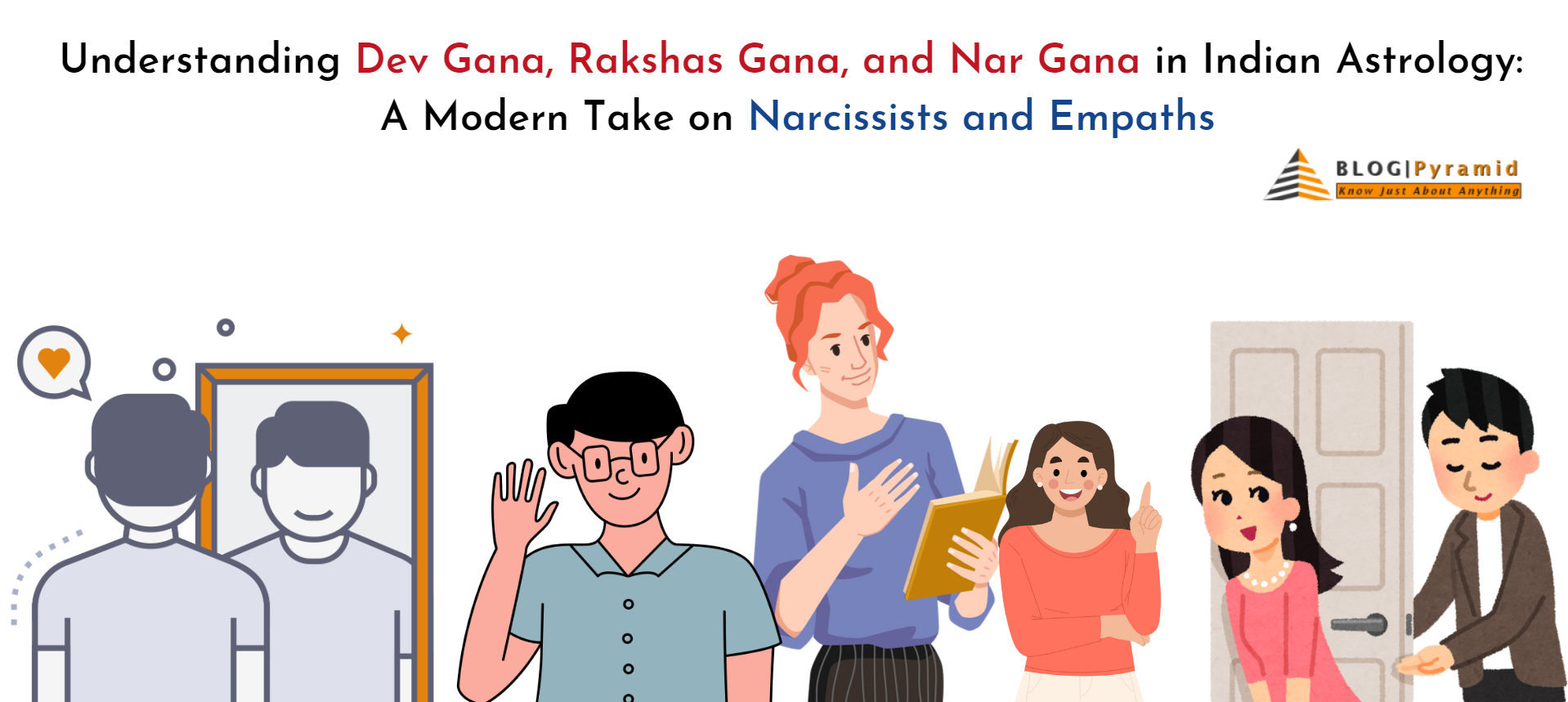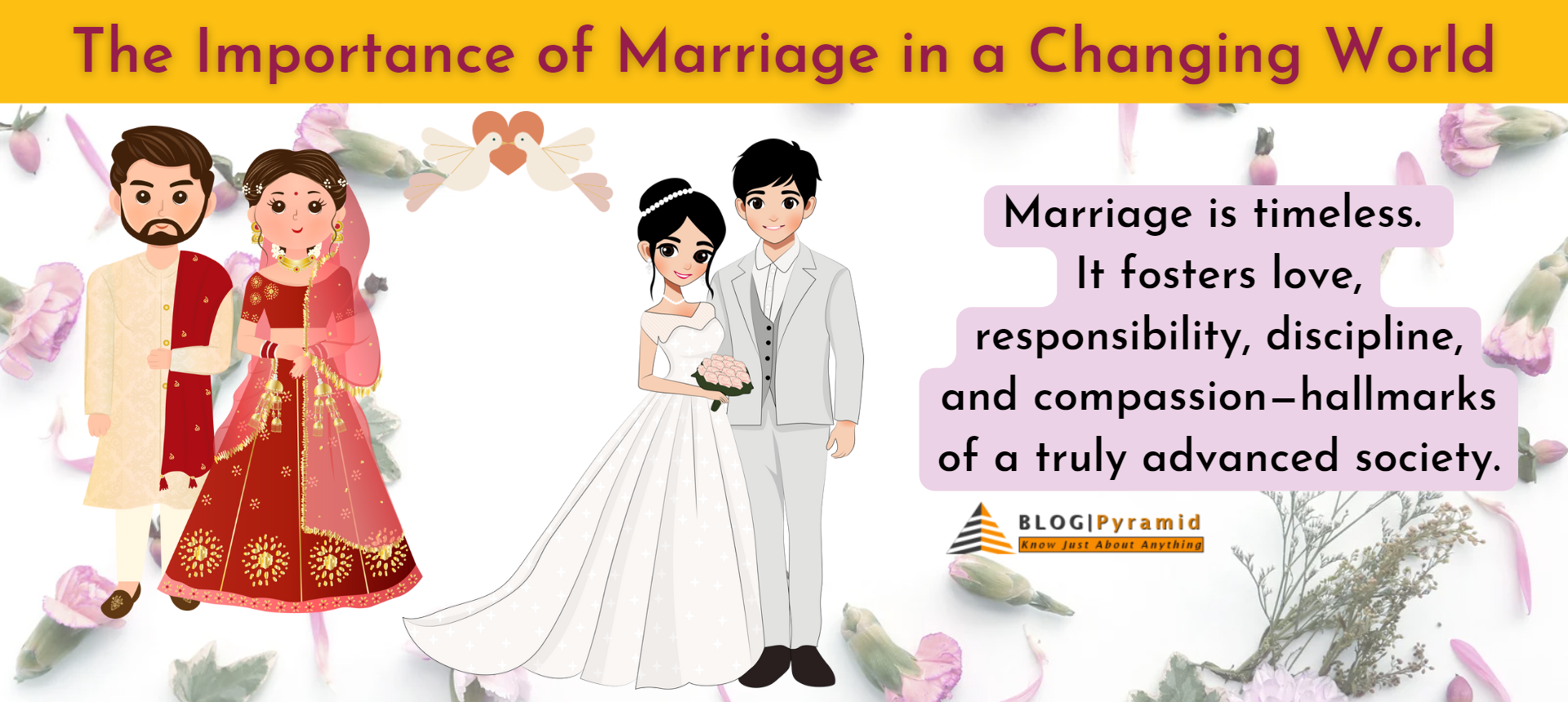
The Importance of Marriage in a Changing World
In today’s world, many individuals who have grown up in toxic familial environments may develop a deep skepticism toward the institution of marriage. This is understandable, given their experiences. However, does this mean that marriage as a whole is outdated or irrelevant? And if marriage were to disappear entirely, what kind of world would we be left with? The picture is far from ideal—a world where relationships are reduced to mere transactions, where the bonds of love, commitment, and responsibility no longer hold sway.
Imagine a world where the institution of marriage has crumbled. Would we be left with a society dominated by relationships that mimic those found in red-light districts? A world where the only relationships are those between sex workers, customers, and pimps? Such a dystopian scenario strips away the nurturing environment that is essential for the development of future generations.
We’ve all seen depictions of children born in brothels or war-torn regions in movies, TV shows, and now OTT platforms. These children often grow up in environments steeped in violence, fear, and exploitation. Their lives are often marked by a lack of education, and their aspirations are limited to survival in a brutal world. Without the guidance of responsible parents, these children are more likely to be drawn into the cycle of lust, greed, and violence, perpetuating the toxic environment in which they were raised.
In contrast, consider the children who grow up in stable, loving homes. These children are provided with the basic necessities of life—food, shelter, love, and education. They are the ones who go on to become scientists, engineers, doctors, teachers, and other professionals who contribute positively to society. These children are raised by parents who understand the importance of responsibility and the essence of love. They are sent to school, their needs are met, and they are taught the values of compassion, respect, and hard work.
What happens to children born to single mothers who are more concerned with maintaining their physical appearance or chasing fleeting pleasures? How will these children feel when they learn that their existence is the result of a random encounter, a moment of fun, or a transaction? Will they be able to develop a healthy sense of self-worth, or will they too fall into the cycle of toxic behavior that their environment fosters?
It’s essential to recognize that not all families are toxic. Many families around the world understand the importance of love, responsibility, and nurturing. They believe in the institution of marriage as a foundation for raising children who will grow up to be responsible, compassionate adults. These families contribute to the stability and progress of society, and their voices deserve to be heard.
It’s a plea to the media: instead of only focusing on the narratives of psychoanalysts who work with individuals from toxic backgrounds, why not also highlight the stories of ordinary, decent citizens? These are the people who understand the value of marriage and family, who raise their children with love and care, and who contribute to the betterment of society.
Marriage is more than just a social construct; it is a vital institution that helps shape the future. It provides a framework for raising the next generation in a stable and nurturing environment. While it’s important to acknowledge the challenges faced by those who have grown up in toxic environments, we must also celebrate the families who uphold the values of love, responsibility, and commitment. In doing so, we can ensure that the institution of marriage continues to thrive and that future generations have the opportunity to grow up in a world where love and compassion prevail.
#MarriageMatters #HealthyRelationships #FamilyValues #SocietyAndFamily #PositiveParenting #StableHomes #MarriageAndSociety #RaisingChildren #LoveAndResponsibility #MediaRepresentation

